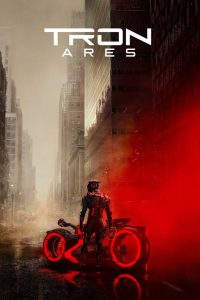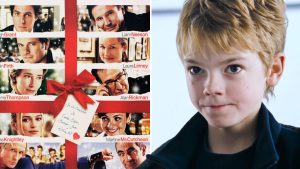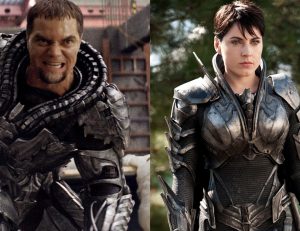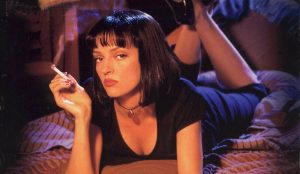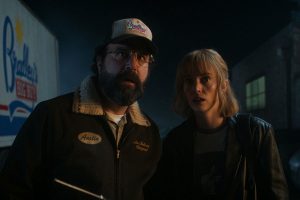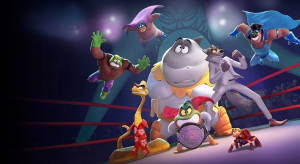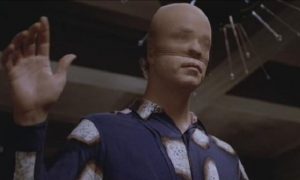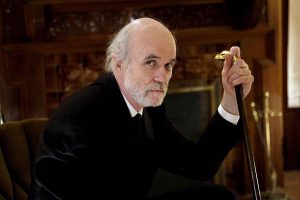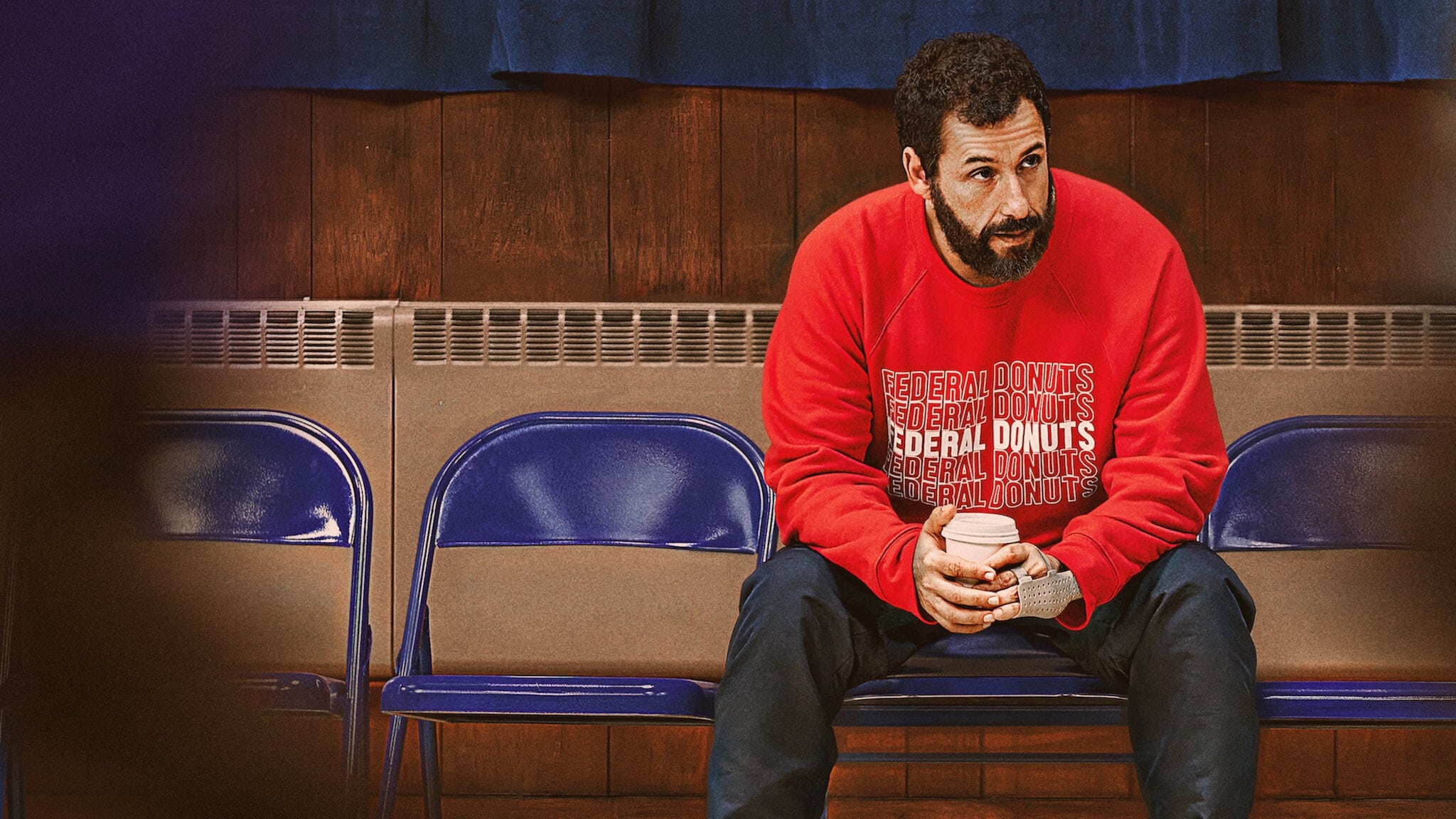
Now here is a situation where a movie follows a well-worn blueprint but is executed with such flourish that it transcends its cliches. Hustle (2022) has all the ingredients of an underdog sports story: characters coming from nowhere, overcoming impossible odds both external and internal. It’s a tale of perseverance and dedication. Does this sound familiar? Toss in inspirational monologues, training montages, and voila, you have yourself a well-cooked feel-good film. But to whittle it down to such generalities would undermine how good this is. Although I had an inkling of where things were going, I was struck by how invested I became in the journey. Writers Will Fetters and Taylor Materne – along with director Jeremiah Zagar – add personality and craftsmanship to make this a surprisingly endearing character study.
This is further proof that when motivated, Adam Sandler is more than able to deliver an emotional, captivating performance. His career has been split in two sections. One features a truckload of forgettable comedies in which he is stuck in neutral, and an entirely different side where he is committed and laser focused. Thankfully, this belongs in the latter category. Sandler plays Stanley Sugerman, a basketball scout for the Philadelphia 76ers. Stanley’s career has been placed on autopilot, where he travels the world evaluating players. Being on the road has cost him precious time away from his wife Teresa (Queen Latifah) and daughter Alex (Jordan Hull).

Sandler is at his best when he plays characters on the brink of collapse. Just as he did in Uncut Gems (2019), Sandler gives Stanley a nervous, desperate energy. He must keep several plates spinning, from his work to his home life, and Sandler does an excellent job managing everything on a high wire. He tries to convince people to believe in him, perhaps to convince himself that he can still survive in his line of business. We learn that Stanley has had a troubled past, which acts as a metaphorical weight holding him down. He finds an opportunity to make it big with the discovery of Spanish player Bo Cruz (real life NBA player Juancho Hernangomez). Bo exhibits all the talent to become a star, but the 76ers – led by newly minted owner Vince Merrick (Ben Foster) – do not share that sentiment. Stanley takes a gamble on Bo (and himself) by taking the kid under his wing and preparing him for the upcoming NBA scouting combine.
There are a lot of appearances from real life NBA players, both current and retired. Julius Irving, Luka Doncic, Allen Iverson, Shaquille O’Neal, Charles Barkley, Trae Young, Kyle Lowry and Dirk Nowitzki are just a few of the dozens of recognizable faces. Former player Kenny Smith appears as Leon, an agent and close friend of Stanley. The fact that LeBron James is listed as a producer likely played a part in making these cameos happen. Bringing in professional athletes lends authenticity to the basketball scenes, since we don’t have to watch actors pretending to be good at the game. Fortunately, those that are given speaking parts are believable and exude natural charisma. Anthony Edwards – current star of the Minnesota Timberwolves – appears as Kermit Wilts, a top NBA prospect and adversary for Bo. Edwards plays Wilts with a subtle menace, whose verbal taunts and insults get underneath Bo’s skin.
Juancho Hernangomez has been an athlete far longer than he has been an actor, and it shows. Interestingly, the stiffness of his performance works as a benefit. Getting whisked from one country to another can be a culture shock for anybody, let alone someone trying to make it in the NBA. Hernangomez gives Bo a slight awkwardness that helps amplify the fish out of water scenario. He isn’t tasked to carry the majority of dramatic scenes; those are left for Sandler to handle. But when he is required to express himself, Hernangomez does so with earnestness. When Bo talks about his family, about wanting to provide for his daughter and mother, we believe him. Obviously, Hernangomez can play basketball, and he slips into the mechanics of the training scenes like a natural.

In just about every sports movie, there will no doubt be a training montage. It comes with the territory, just as much as jump scares belong in horror flicks. Hustle has plenty of training scenes, but they are constructed in a unique and clever way. Zagar’s direction, combined with Tom Costain and Brian M. Robinson’s editing, arrange the training so that we don’t simply cut from one workout to another. The images flow up and down together, reflecting Bo and Stanley’s mindset throughout the grind. In some instances, Bo will pass the ball directly at the camera, and in the next frame the ball reappears back into his hands. One workout has him running on a road with a steep incline. The editing combines each attempt together, with almost every step representing a different day. There are times where Bo hits a mental wall, right at the point of stopping. It’s not often we see a sports movie showing characters not only on the verge of quitting but doing so multiple times. This twist adds energy and exhilaration to the training because we can see how difficult it all is, physically and mentally.
Does the hard work pay off? I think many of us – at least those that have seen one or two sports movies in their lifetime – can guess where this all leads. But just as it is in other cases, the destination is not the point. The success of Hustle is in seeing the process. Stanley and Bo are more alike than they are different, and in each other they find a kindred spirit. They lean on each other to go a little bit further, a little bit closer toward their dreams. Does that sound a bit too sentimental? Maybe, but during tough times sentimentality might be exactly what we need.
The post Film Review – Hustle written by Allen Almachar appeared first on The MacGuffin: Film and TV Reviews, Interviews, Analysis.
